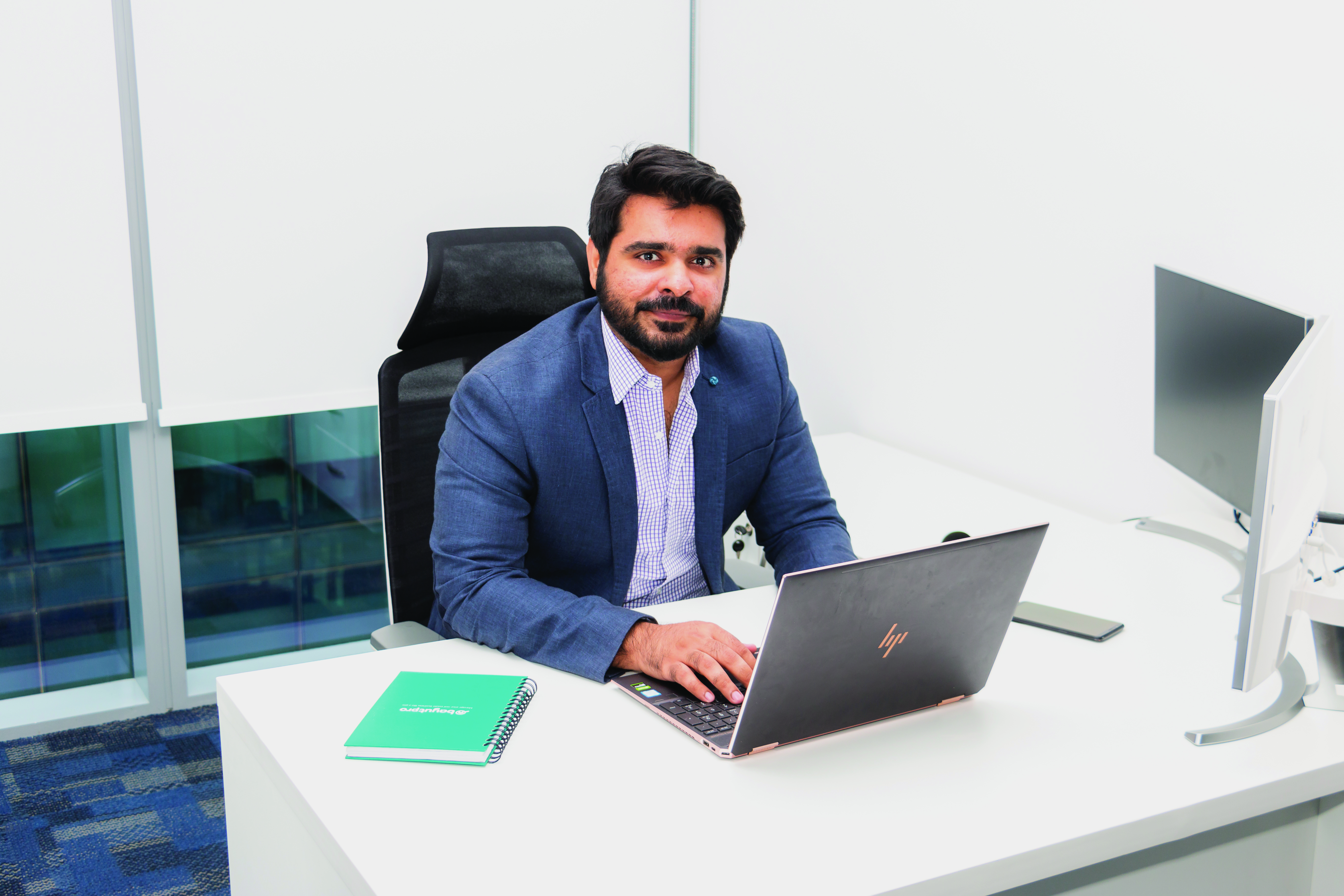 No one could have predicted what transpired in 2020. The Covid-19 pandemic sparked unprecedented events and severely impacted economies and companies the world over. But it’s been a slightly different story with Bayut and its parent company, Emerging Markets Property Group (EMPG). In April, EMPG acquired several global brands and aggressively expanded across Asia, Mexico, North Africa and the Middle East.
No one could have predicted what transpired in 2020. The Covid-19 pandemic sparked unprecedented events and severely impacted economies and companies the world over. But it’s been a slightly different story with Bayut and its parent company, Emerging Markets Property Group (EMPG). In April, EMPG acquired several global brands and aggressively expanded across Asia, Mexico, North Africa and the Middle East.
Bucking global trends, the company’s success stems from a digital-first, innovation-led culture. Bayut, the UAE’s leading property portal, helps consumers understand and research the real estate market and make an informed decision, aided by tech. For example, users can filter out properties checked in by an agent or look at 3D floor plans to experience the space without physically visiting.
“EMPG’s growth shows a commitment and dedication to the cause of solving problems and offering solutions tailored for local markets,” says Amash Malik, senior director of performance marketing at Bayut and Dubizzle. Malik also heads the central team for performance marketing for EMPG.
While the business landscape underwent a seismic shift, digital companies were better placed to weather the storm. Global data from Criteo shows that the ongoing Covid-19 crisis significantly affected the e-commerce landscape.
Malik says: “The UAE’s national agenda – which includes world-class healthcare and education,
a competitive knowledge-based economy and sustainable development – is all underpinned by digitalisation. We are driven by the same vision at Bayut and Dubizzle. Our focus has been on innovation, on building technology-led products to help our customers find the right solutions and reach our agents and partners.
“Digital platforms and technology are an integral part of our everyday life now. From shopping for groceries to big transactions such as property or real estate, which are probably the biggest purchases in one’s life.” A recent Criteo survey of more than 10,000 people showed that globally half of the consumers say they will purchase more online because of coronavirus.
While the pandemic accelerated digitalisation across several sectors, it also affected businesses in different ways. “During the earlier peak of the coronavirus and the lockdown, we saw a dip across our different verticals,” says Malik. “However, Bayut has recovered since then and the growth trajectory is in the right direction. This indicates a general market recovery, but also the trust that consumers place in our product and brand. Some categories, such as used goods, recovered quickly since the initial lockdown and even exceeded the baseline numbers within a month after the lockdown started.”
Criteo data shows that technology has had a tremendously positive impact on the retail sector in the last few years and will play a key role in how retailers can stay relevant during these uncertain times. Even before the pandemic, mobile web-based purchases in the region had been on the rise.
Soon after the lockdown, Malik says, Dubizzle and Bayut’s advertisement and marketing platforms started yielding much greater audiences because of the increased adoption of digital across the population. “The UAE telecom authorities said that there was a 17 per cent increase month-over-month in YouTube and Facebook activity immediately after the lockdown,” he says. “These are already highly adopted platforms. This has been our experience as well. With Criteo, we saw an increase in available impressions by almost 70 per cent.”
Malik cites a McKinsey October 2020 study, which noted that spending intent has shifted to online across many categories. Mobility trends available from Apple indicate a sharp dip in mobility, with respect to the baseline in April. It has continued to increase since then. Last month, it stood at about 150-200 per cent of the baseline – showing how quickly consumers have rebounded and adapted to the new normal.
On the back end, operating a business while in lockdown has been challenging. In the UAE, it has been a time of introspection for business leaders and for reassessing values and priorities. Malik is all praise for the EMPG leadership. “There was a clear message of being strong, going upward and beyond,” he says. “At Bayut, not one employee was laid off due to the pandemic.”
“We have always strived for excellence, and will continue to do so, despite the pandemic,” says Malik. “There have been some changes in the way we work. Along with social distancing, we adopted a wider use of technology such as video conferencing instead of physical meetings. However, our long-term plans remain the same. We are stronger and more confident in our ability to grow and deliver in all circumstances.”
Bayut also announced relief packages for clients and launched products – such as live videos – to help partners and consumers connect virtually to find the right home.
Malik used the lockdown to upskill and expand his knowledge, not only in his core fields of data programming and marketing but in fields such as economics as well. He says: “When working remotely, organising and planning effectively not only helps productivity but also ensures a healthy work-life balance. This lesson has been a key takeaway for me. I try to learn at least one new thing every day. It is imperative to keep a constant active learning cycle going, especially in a fast-paced, ever-evolving business and digital landscape.”
And if there is one thing he could tell himself in hindsight, what would it be? “Simply that it gets better. Today will not last forever. And tomorrow will be better than today.”









